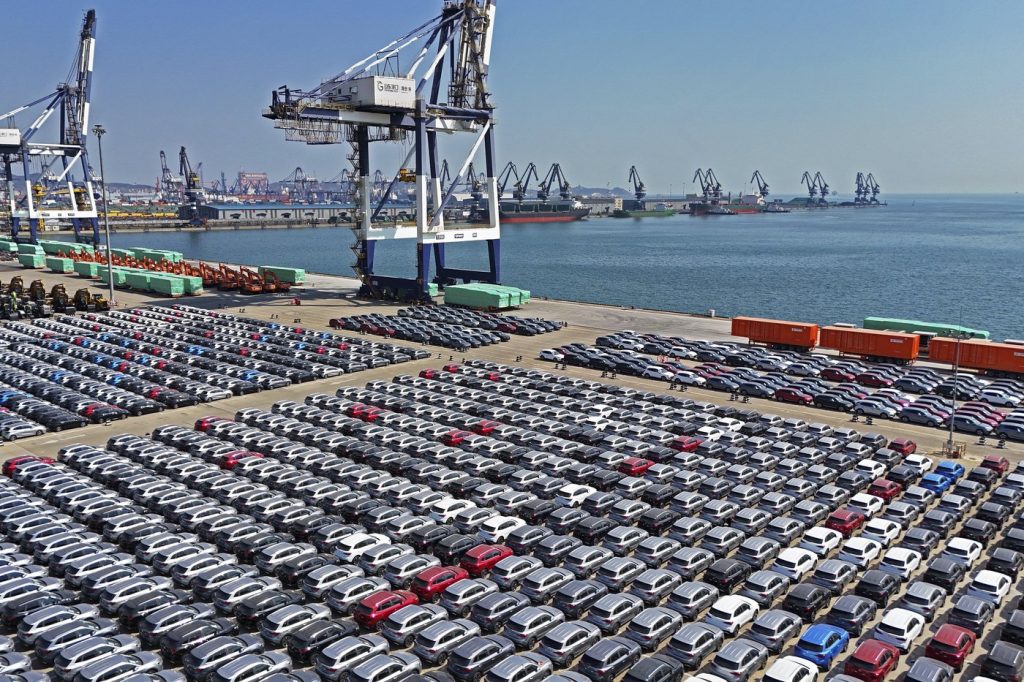BEIJING (AP) — China has announced countermeasures by raising tariffs on U.S. goods from 84% to 125%, effective Saturday. This move marks an escalation in the ongoing trade war between the two nations. The U.S. and China have been locked in a fierce economic battle, with both sides increasing tariffs despite U.S. President Donald Trump's decision to pause tariffs on other countries. Throughout this week, Trump has been retaliating against China's tariffs, which he describes as a response to what he calls “economic bullying.”
As it stands, Trump's universal tariffs on China total 145%. When he revealed the 125% tariff on China on Wednesday, this figure did not encompass an additional 20% tariff tied specifically to China's role in fentanyl production. This continuing dispute has alarmed business executives, who warn that these heightened tariffs could lead to a potential recession in the United States and provoke further retaliatory actions from U.S. trading partners, before Trump's pause in tariffs announcement.
The situation has escalated into a tit-for-tat exchange, where both nations raise tariffs in response to each other's actions. A Finance Ministry spokesperson stated that the U.S. repeatedly raising tariffs on China has degraded into a numbers game lacking any real economic significance, branding it as something that will ultimately be seen as a joke in the history of the global economy. The spokesperson insisted that if the U.S. continues to infringe upon China’s interests, China will respond resolutely and fight until the end.
In addition to the tariff increases, China's Commerce Ministry has confirmed that it is filing another lawsuit with the World Trade Organization (WTO) against U.S. tariffs. Just last week, Beijing halted the imports of sorghum, poultry, and bonemeal from certain American companies. Furthermore, it has imposed additional export controls on rare earth minerals, which are critical to various technologies, and has listed a number of U.S. companies that will be barred from receiving dual-use goods from Chinese enterprises.
Given the immense economic clout of both nations, analysts and experts are expressing concern about the potential for global economic turmoil stemming from this escalated trade war. WTO chief Ngozi Okonjo-Iweala noted earlier this week that the friction between the U.S. and China could significantly damage the global economic outlook.










